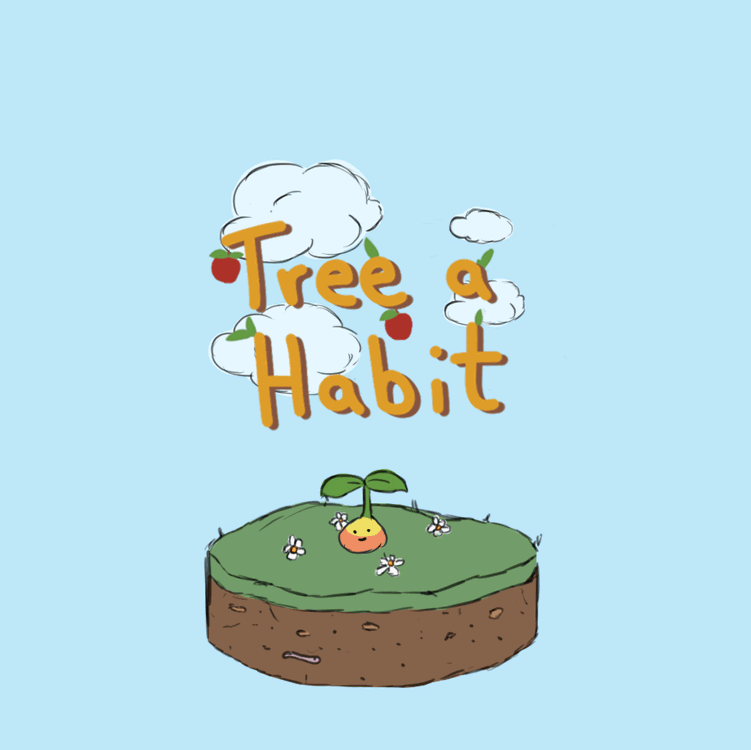First of all “What is Habit”?
Habit is something that you do regularly or an addiction. For example
- Brushing your teeth every morning and every night is an example of a good habit.
- Being addicted to heroin is an example of having a heroin habit.
- Getting the habit of drinking coffee.
- Sleeping late.
The 21-day rule is a method of doing something for 21 days, to make your ‘something’ become a habit. What habit do you do on a daily basis? Like watching movies, playing games, or if you are in sports. Each day you more than likely eat meals, brush your teeth, use your mobile phone, or work on a computer. These are habits that you have built up over a period of time.
Highly successful people have learned to build good habits, and it takes discipline, courage and hard work on a daily basis to keep those habits in place. It makes perfect sense to adopt habits that will facilitate success, yet, why are some so difficult to adopt?Basically these 21 days can be divided into 3 phases if you are really into developing a new habit. Try to follow all the three phase to get into healthy habits if you have any sort of bad habit that you need to get rid of.

Phase 1:
In this phase, habit formation is characterized by easiness. For example, a person attends a highly motivational conference, and for the first few days after the conference, the individual is making positive changes in his or her life. There are cues. They direct our behavior, often without our notice. To intentionally form a habit, make the cue visible. Then, you have a fighting chance. If you are intentional about what cues prompt your behavior, you can change your environment to help you in accomplishing your desired behavior.
Phase 2:
So you have found your cue, now what you need to do is make the cue attractive for you, so that you can repeat it again. The major cause that people fail to adopt a new habit is they don’t find it attractive so they are not inspired enough. However, if you can develop a craving, the cue that leads to the craving will directly lead to a response. The trick is to crave what you want you want to achieve.
When a person does something, and he enjoys it, that action is often repeated. A habit cannot form until some action takes place and it is repeated. Repeated action is the very definition of a habit. There are a few things you can do: First- you make it easy on yourself to complete the tasks that you are trying to develop and be more efficient at work. It becomes easier in an environment of simplicity. Next– Determine ahead of time what you will do in a given situation.
Phase 3:
Reward yourself for the task and try to make it your second nature. Once in second nature, there will be interruptions that will send you back:

They may be –
1. Discouragement- Not getting the desired result may lead to demotivation and discouragement.
2. Distraction- There will be things that will be distracting you from your goal, they may be vacations, illness, etc. Things that will make you want to take a break and start again later. You don’t have to let it affect you as it may affect your momentum. So you need to stay focused as this will be the last stage that will lead you to your achievement. As you have crossed this you will see that you have successfully developed a new habit.

Do you know?
According to research, it takes 21 days to fully form a new habit, as 21 days is the time required for new neuropathways to be fully formed in your brain. Brain circuits take engrams (memory traces) and produce neuro connections and neuropathways only if they are bombarded for 21 days in a row. This means that when you first try to adopt a new behavior, you have to enlist your prefrontal cortex(the thinking brain), and insert conscious effort, intention, and thought into the process. When you’ve performed the new routine enough times for connections to be made and strengthened in your brain, the behavior will require less effort as it becomes the default pattern,” To change an old habit, you have found out how to replace the routine but still look forward to the same reward. When your brain expects a reward even after changing a bad habit, you are more likely to pursue the new routine and stick to it.
Hope this might be of any help to prove good habit to you and stay and have a happy and healthy life. 21 days is a comfortable time period to build and maintain a new habit.
Related posts:
- Why we must acquire Good Habits
- Ways you can beat phone addiction
- Education in the time of the pandemic
- What is mental health and why is important?
- Anger issue management and teens
- 8 Tips to make yourself focused
- 8 inspirational books to read in your free time
- 10 Educational Tips for Students to Top in Exams




















